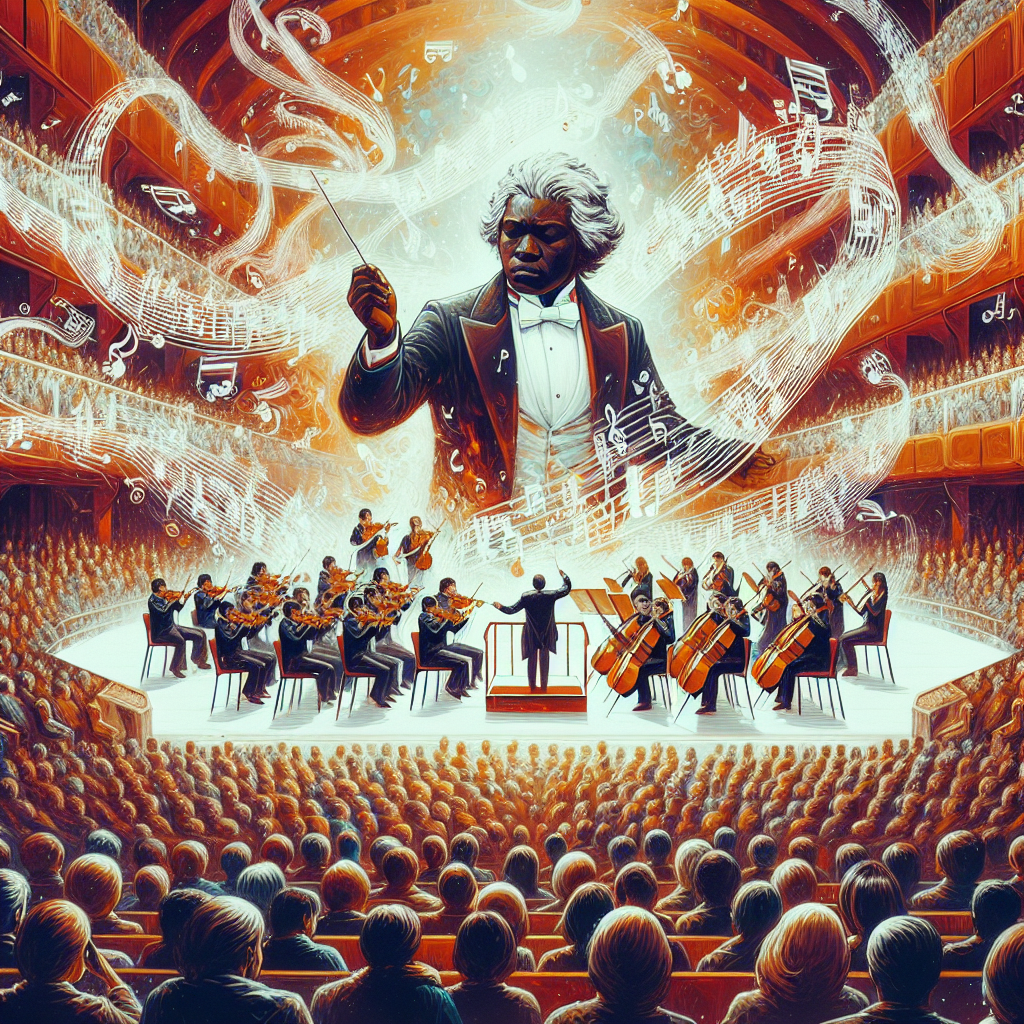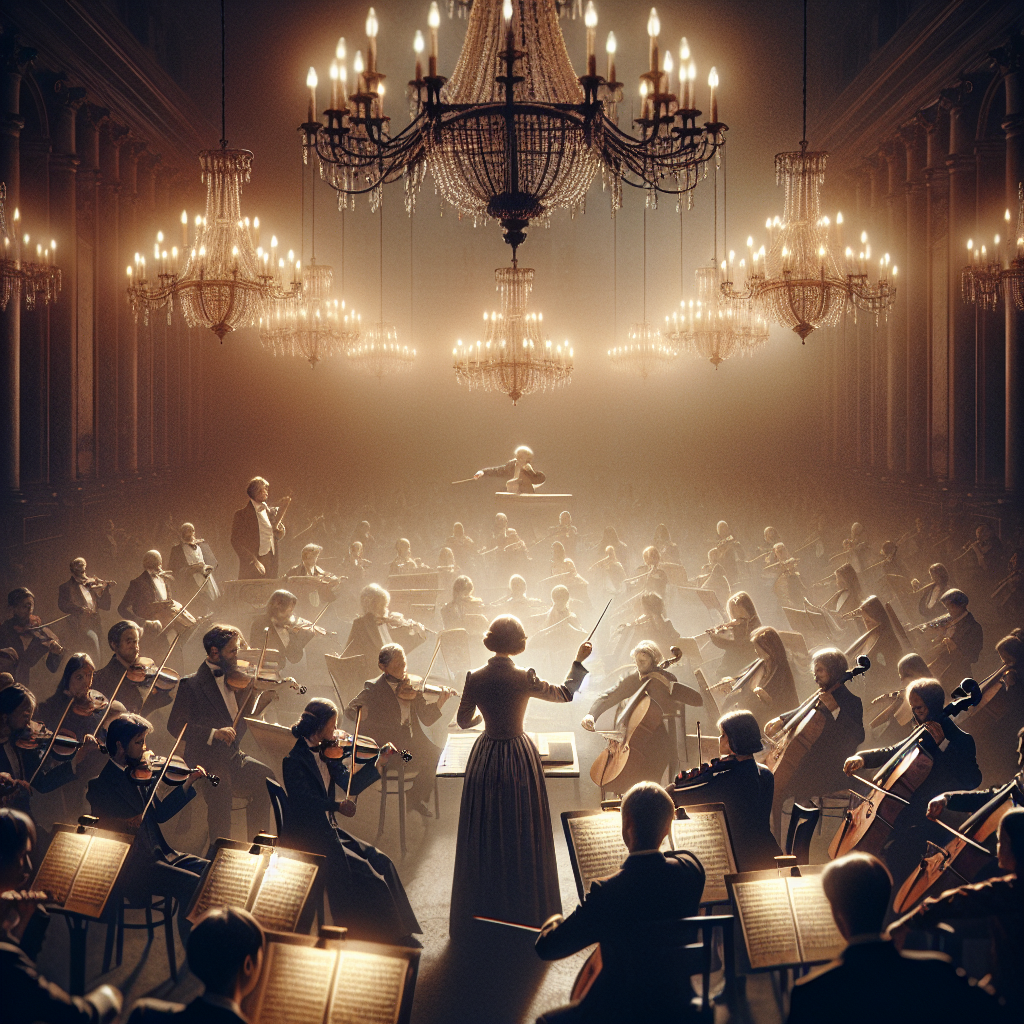Ludwig van Beethoven is a name that stands at the pinnacle of classical music, known universally for his inventive capacity and his great passion. His works have had an transcendent and unprecedented impact on the classical music world, forming a significant divide between the Classical and Romantic eras. With a body of work that encompasses symphonies, concertos, sonatas, chamber music and more, Beethoven’s mark on music isn’t just remarkable; it’s profound.
The Man and His Music
Beethoven’s influence isn’t just contained to his era. He is a timeless figure whose masterpieces continue to inspire, challenge, and awe musicians and audiences alike. Despite losing his hearing in his later years, Beethoven persevered and continued to compose, culminating in a collection of works that have become cornerstones for classical music.
Bridging the Gap: Classical and Romantic Eras
Beethoven’s unique approach to composing music greatly influenced the evolution and progression of the art. He played a pivotal role in the transition from the Classical era to the Romantic era, which was characterized by an increased emphasis on expressive and emotive compositions. His bold, dynamic style and exploration of new musical structures and motifs pushed the boundaries of what was expected and accepted in classical music.
Shaping the symphony
The symphony took on a new character under Beethoven’s influence, taking a more dramatic, emotionally charged direction. His Nine Symphonies are renowned masterpieces, each one different from the other, yet all manifest his flare for drama, innovative structure, and expressive depth. His Symphony No. 9, “Ode to Joy,” became one of the most famous pieces in classical music. His symphonies have been so impactful that they’re often considered the standard against which all subsequent symphonies are measured.
Conclusion
Beethoven’s impact on classical music cannot be overstated; it was, in fact, profound. His innovative compositional techniques and bold, expressive style introduced new perspectives on form, structure, and artistic expression in music. His resilience and determination to continue composing, even after losing his hearing, is a testament to his passion and commitment as an artist. This influence continues to be felt today, seeping into the works of countless musicians who draw inspiration from his compositions and carry his legacy into the future.
Frequently Asked Questions
-
1. Why is Beethoven considered a great composer?
Beethoven is considered a great composer because of his innovative approach to composing and his ability to evoke deep emotion within his music, coupled with his determination and resilience throughout his struggles with hearing loss.
-
2. How did Beethoven shape the symphony?
Beethoven revolutionized the symphony by breaking traditional rules and pushing for a more dramatic, emotional style. His Nine Symphonies are landmarks in classical music, each unique and demonstrating his innovative structures and depth of expression.
-
3. How did Beethoven influence the transition from the Classical era to the Romantic era?
Beethoven played a significant role in this transition because of his emotive and personal musical style. His willingness to push boundaries and challenge expectations paved the way for the Romantic era’s emphasis on personal expression and individuality.
-
4. What are some of Beethoven’s most famous works?
Some of Beethoven’s most famous works include Symphony No. 5, Symphony No. 9 “Ode to Joy,” “Fur Elise,” and “Moonlight Sonata.”
-
5. Did Beethoven continue to compose music after losing his hearing?
Yes, despite losing his hearing later in life, Beethoven continued to compose music. His growing deafness did not deter him from creating some of his most profound works, including his late string quartets and his Ninth Symphony.




